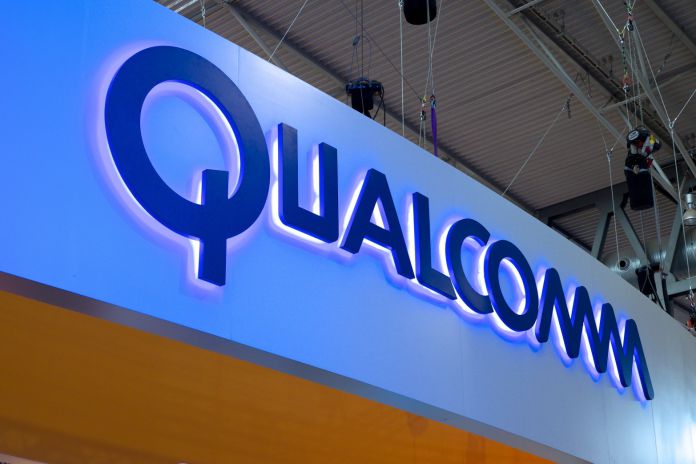The California-based company is reported to be interested in chip-maker Qualcomm. Considering Qualcomm’s market position, such an acquisition would cost Broadcom a massive $130 billion. This would clearly make it the biggest tech deal of all time. The merger would also create one of the biggest processor companies in the world. News of the potential acquisition sent Qualcomm’s shares soaring to $64, a 3.5 percent increase. Broadcom’s shares increased 1.6 percent to $278.05. Broadcom supplies an array of technology devices, such as digital recorders and set-top boxes. Qualcomm is the leading name in the mobile processing market. While key competitors like Samsung and MediaTek have a significant presence, Qualcomm is almost synonymous with mobile processing. Combining the companies would create a giant that could supply components across a myriad of form factors. Those who have followed both companies may be surprised by this development. Just a decade ago, Broadcom and Qualcomm were bitter rivals. Qualcomm lost a legal dispute and was forced to pay Broadcom $891 million in a settlement. Since then, Broadcom sold its cellular chip business, but is clearly eager to get back into the market and is targeting the biggest name in the business.
Qualcomm Battles
Qualcomm is locked in a number of legal disputes with the two leading smartphone makers, Apple and Samsung. The chipmaker is seeking the ban of certain iPhone and iPad models. Specifically, those that use an Intel chipset that Qualcomm says infringe six of its patents. Apple and Qualcomm have been locked in a legal battle over the issue, and the new request will expand the situation. Qualcomm says it wants the ITC to stop Apple selling devices with the infringing processors. Additionally, South Korean regulators recently ruled that Qualcomm is unfairly stopping Samsung from growing its Exynos brand. Samsung signed a deal with Qualcomm back in 1993, before the idea of smartphones could even be imagined. The agreement allowed the company to access Qualcomm’s patents to create its own chipsets. Under the terms, the South Korean giant could not sell these processors outside of its subsidiaries.




